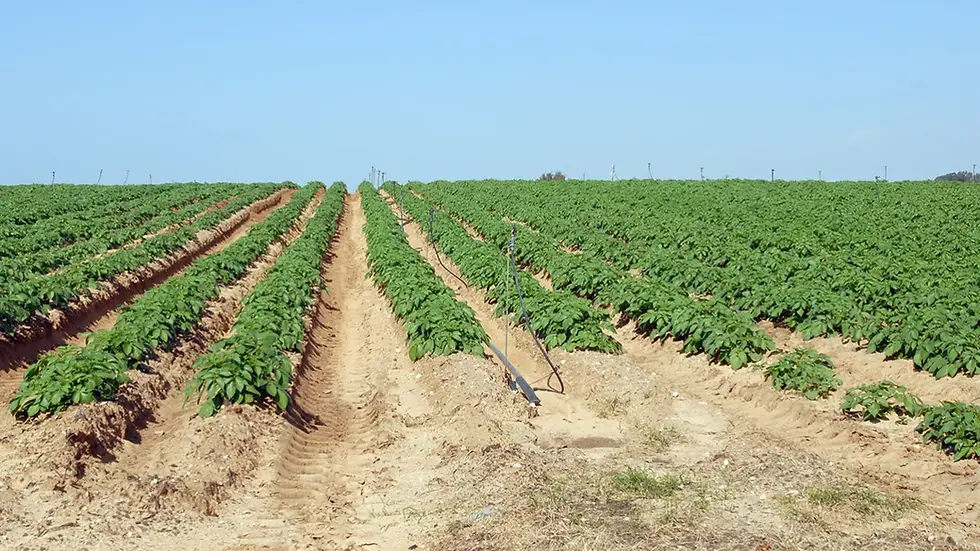Who by Virus and Who by Fire?
- Rabbi Amy Eilberg
- Sep 24, 2020
- 3 min read
Updated: Sep 24, 2020

I’m so grateful that I don’t read the words of the machzor (High Holiday prayerbook) literally. If I believed that there were an anthropomorphic God in the sky, reviewing our deeds from the year gone by and decreeing our fate for the year to come, I don’t know how I could trust or pray to such a God. Especially this year.
I don’t believe that the ineffable God I worship sat down last Rosh Hashanah and decreed for the world a year of horrors: nearly a million human beings around the world killed by a mysterious, microscopic virus; the upending of normal life and human interaction for countless people across the globe; closer to home — an eruption of horrific wildfires, spreading destruction, fear and poisoned air; an agonizing reckoning over hundreds of years of institutional racism in America. And so many sources of pain in each of our lives.
Who shall live and who shall die? Who by virus and who by fire? Who by fear and who by racism? Who will walk safely along the street and who will fear death from random encounters? Who will work safely at home and who will risk illness to provide for their family? Who will be tormented, unable to breathe, by the state of our country, and who will find a way to live in balance and wisdom?
Our beloved and dreaded prayer, Unetaneh Tokef (“Let us proclaim the holiness of this day”), expresses the unfathomable mystery of life — giving voice to our dread and our wonder about the unpredictable unfolding of our lives. We love this prayer (sometimes) because it conveys a truth from which we normally hide: that we have far less control over our lives than we like to think. Much as we may desperately try to think otherwise, we do not know what tomorrow, or next year, will bring. This truth tends to break through when we encounter illness or death or twists and turns of our lives that we could never have imagined.
The High Holidays bring us to such a moment of truth, if we let them. We look around the sanctuary (this year, on our screens), noticing who is no longer with us, and wondering what plagues the new year will bring. This is why we greet one another (this year, virtually) with such joy and fervent hope for one another’s well-being.
We do not know who will be born in the year to come and who will fall ill, who will be tormented and who will find joy. We cannot predict whether the challenges that come our way will bring out the best in us or plunge us into despair and frustration. This radical uncertainty about the future is a key part of being human.
Yet the Unetaneh Tokef also proclaims what a difference our mindset and our choices can make in the way the new year’s difficulties will affect us. “Teshuvah [repentance], tefilah [prayer], and tzedakah [righeoushness] lessen the severity of the decree.”
Teshuvah. If we hold rigidly to a view that everything is in our hands, we may find the inevitable slings and arrows of life impossible to bear, destroying the illusion on which we had staked our lives. But if we commit ourselves to a life of constant learning, self-reflection and growth, we will be more able to shift course and discern a path of holiness through even the most difficult of circumstances.
Tefilah. When we succumb to the cultural messages that proclaim that we can have anything we want, control our lives and triumph over any trial, we will find ourselves bereft when life proves us wrong. But we can choose to see our powers and abilities as part of a much larger whole, recognizing our interdependence with all beings. When we recognize our finitude as well as our individual strengths, life will unfold more smoothly. When we allow ourselves to turn to others and to God/the Universe/Spirit/Oneness for help, we will find love and support.
Tzedakah. When we slip into the pursuit of success, fame and wealth, disappointments may destroy us. But to the extent that we devote ourselves to the common good, measuring ourselves by what we do for others, every day is a meaningful opportunity for good work, regardless of the circumstances.
Unetaneh Tokef is very clear. The bad things will happen, as will the good. We must not blame our misfortunes on a “bad attitude.” But the way in which we approach our lives does powerfully impact how we navigate the difficulties we will experience in the year to come.
May the entries we make in the metaphoric cosmic book every day prepare us for a year of meaning, blessing and life well-lived.
This column first appeared in the JWeekly, https://www.jweekly.com/2020/09/18/who-by-virus-and-who-by-fire-who-by-fear-and-who-by-racism/
Wishing for all of us a year of good health, sweetness and blessing, and a more loving and just world.




Comments